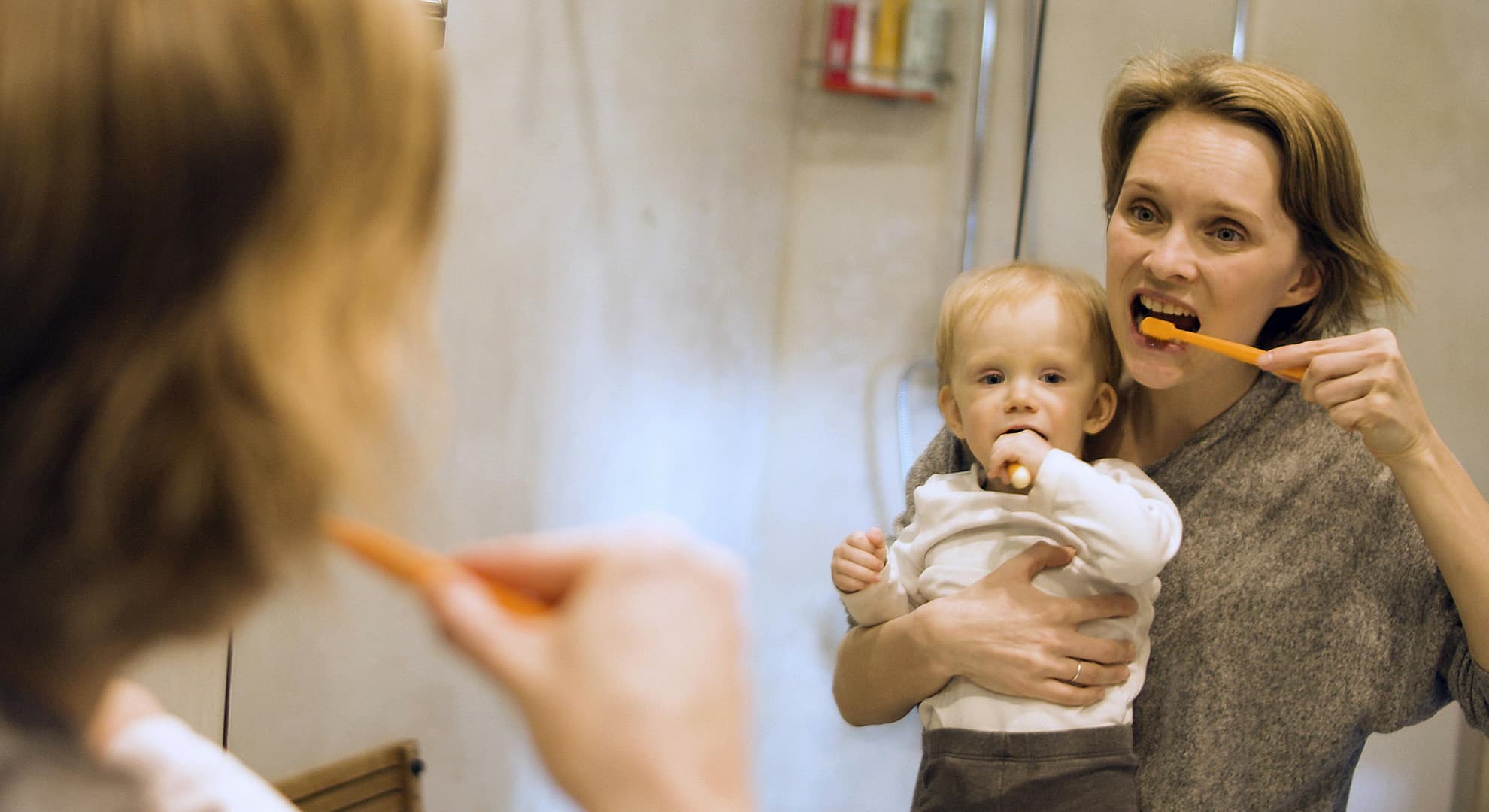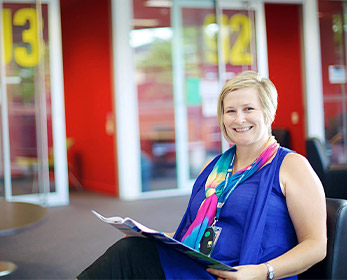A lack of oral health literacy among caregivers and access to dental services is driving tooth decay in young children research from Edith Cowan University (ECU) has confirmed, with early childhood tooth decay affecting nearly half of Australian preschool aged children.
ECU Senior Lecturer Dr Ruth Wallace said that if left untreated, cavities and tooth decay could impact children's quality of life, causing acute pain, sepsis and tooth loss, which could impact both feeding and speech development.
"There is also a societal view that baby teeth are less important than permanent teeth, but they are important for eating and speaking. Children can have baby teeth up to ten or twelve years old," co-author Dr Elizabeth Wenden said.
Furthermore, decay in baby teeth could also spread to the permanent teeth impacting dental health and general health into adulthood.
Getting it wrong
While access to dental health care professionals was an ongoing issue for people in rural and regional Western Australia, research led by Dr Ruth Wallace and Dr Lesley Andrew found that inconsistent messages on oral health and hygiene, as well as dietary sugars were the biggest hinderance.
"There is a lot of misinformation and disinformation among parents and caregivers, ranging from what ages children should start seeing the dentist, correct oral hygiene, or even how diets can influence oral health," Dr Wallace said.
Most of the research participants in this study identified soft drinks and sugar free soft drinks as not being tooth safe, however the cavity risks of dried fruit or fruit yogurt in pouches was flagged by less than half the study participants.
Confusion around oral hygiene practices were also evident, with only 26 per cent of participants reporting that they brushed their children's teeth the recommended twice daily, and 70 per cent of participants reporting that they never flossed their children's teeth.
"Flossing is almost unheard of for young children, when in fact recommendations suggest it is good practice once there are two teeth touching," Dr Wallace said.
Dr Wenden noted that the earlier healthy oral hygiene habits are introduced, the better it would be.
"There is a lot of research that shows healthy habits that are started young will track through to adulthood. For oral health, that would mean adults would retain their own teeth for longer, which could also impact general health and wellbeing."
Getting it right
Dr Wallace said it was important for parents and caregivers to stay informed on the best way to look after their children's teeth, and to make use of available government incentives targeted at early childhood.
"We know that poverty, education level and English as a first language are all determinants that can impact how caregivers and parents manage their child's oral health. By addressing those underlying determinants, we can hopefully support more positive behaviours," Dr Wallace said.

 If left untreated, cavities and tooth decay could impact children's quality of life
If left untreated, cavities and tooth decay could impact children's quality of life




